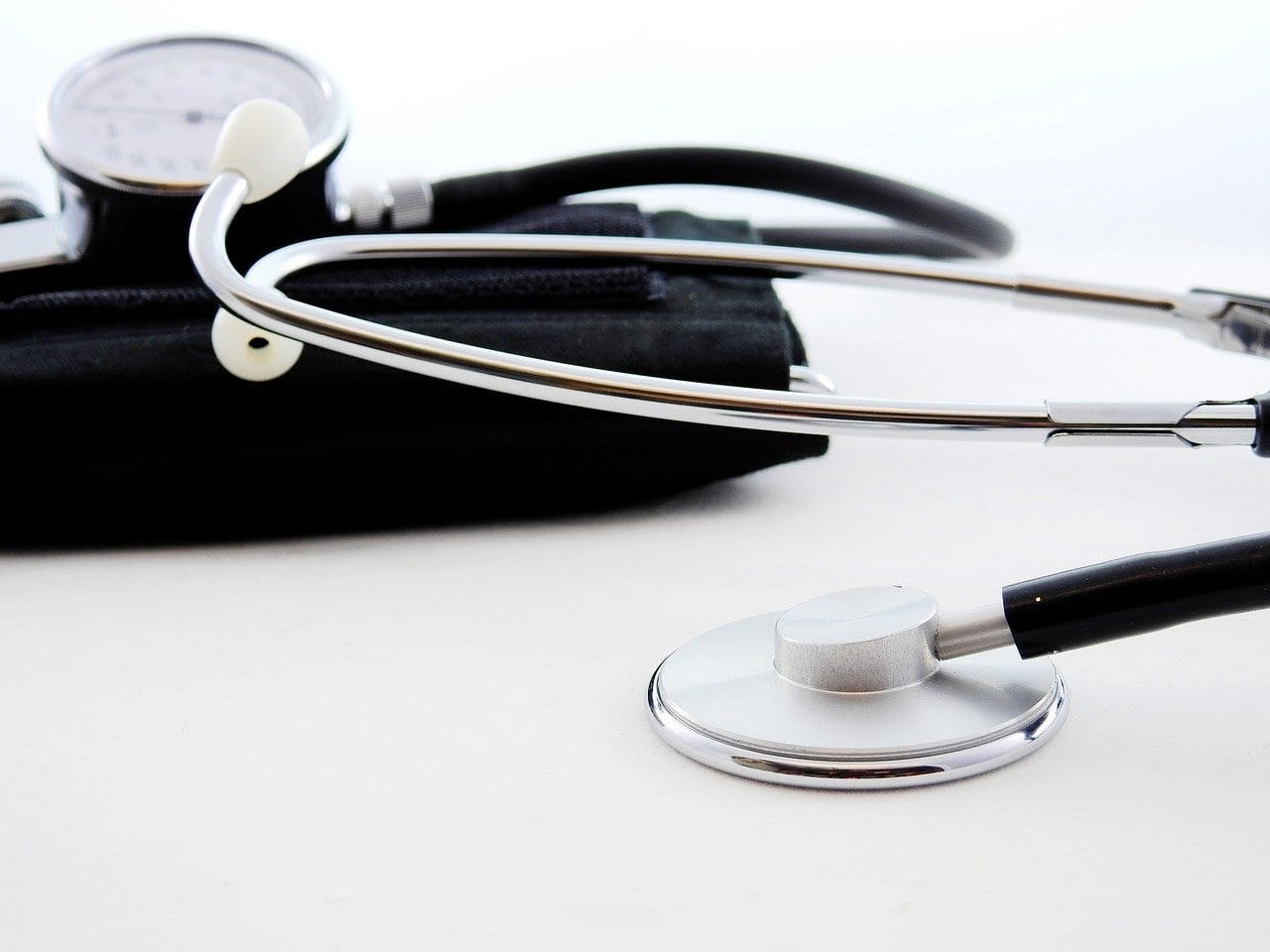The effects of heroin require more of the drug over time to achieve. As a result, stopping usage can cause intense withdrawal symptoms, which may be worse for those choosing to do so without medical supervision. Here’s how to safely detox from heroin.
Withdrawal Symptoms
Heroin detox is typically accompanied by a range of common symptoms, which begin to appear between six and twelve hours after the last dose. This is faster than withdrawal from prescription painkillers because heroin exits the system more quickly. The following symptoms of withdrawal can resemble a bad case of the flu, peaking on the second or third day and lasting about a week:
- Muscle aches
- Diarrhea
- Nausea
- Vomiting
- Sweating
- Abdominal cramping
- Insomnia
Dilated pupils, anxiety, and agitation are also common heroin withdrawal symptoms.
General Detoxing Tips
Because it is possible to detox at home, some choose to do so. However, dangerous or even fatal complications can arise. As well, the severe discomfort of heroin withdrawal can result in relapse for relief. It is for these reasons that detox under medical supervision is strongly suggested. Medically assisted detox allows for clinical support from professionals who can administer emergency treatment if necessary. Staying hydrated is absolutely essential during the detox phase, as the body will lose a lot of fluids due to vomiting and diarrhea. Detox can provide the opportunity to speak with a counselor. As well, it can help to have distractions from physical discomforts, such as reading or watching television Certain medications are also prescribed during detox. These medications are available at clinical strength to assist with moving the substance through the body as safely as possible,
Medications Prescribed During
Medically assisted detox will involve prescribing medications such as buprenorphine, naltrexone, and suboxone, which combines the first two. Buprenorphine reduces both physical symptoms and cravings. Naltrexone is prescribed after medically assisted detox has completed. Suboxone can lessen withdrawal symptoms as well as depression. Medical monitoring will occur at all times during detox. Mental health professionals are also available for support. A calm and relaxing environment is also provided.
After Detoxing
 Following the physical detox from heroin in a medically supervised setting, it’s important to seek heroin addiction treatment afterward. This is because medically assisted detox allows the safe removal of heroin from the body, but it doesn’t address other factors that contribute to the cycle of addiction. In order to fully recover from the results of heroin misuse and prevent relapse, full treatment must begin following detox. This often begins with inpatient heroin addiction rehab, where individuals live together in a residential setting and receive around-the-clock supervision, monitoring, and support. Participants attend counseling and therapy and learn life skills and adopt nutrition and wellness regimens. Apex Recovery’s medically supervised 7-day detox programs are the core of the treatment and recovery services we offer. Our detox programs help remove fear and anxiety while paving the way for the next step of treatment. Call (877) 798-4404 for more information.
Following the physical detox from heroin in a medically supervised setting, it’s important to seek heroin addiction treatment afterward. This is because medically assisted detox allows the safe removal of heroin from the body, but it doesn’t address other factors that contribute to the cycle of addiction. In order to fully recover from the results of heroin misuse and prevent relapse, full treatment must begin following detox. This often begins with inpatient heroin addiction rehab, where individuals live together in a residential setting and receive around-the-clock supervision, monitoring, and support. Participants attend counseling and therapy and learn life skills and adopt nutrition and wellness regimens. Apex Recovery’s medically supervised 7-day detox programs are the core of the treatment and recovery services we offer. Our detox programs help remove fear and anxiety while paving the way for the next step of treatment. Call (877) 798-4404 for more information.

